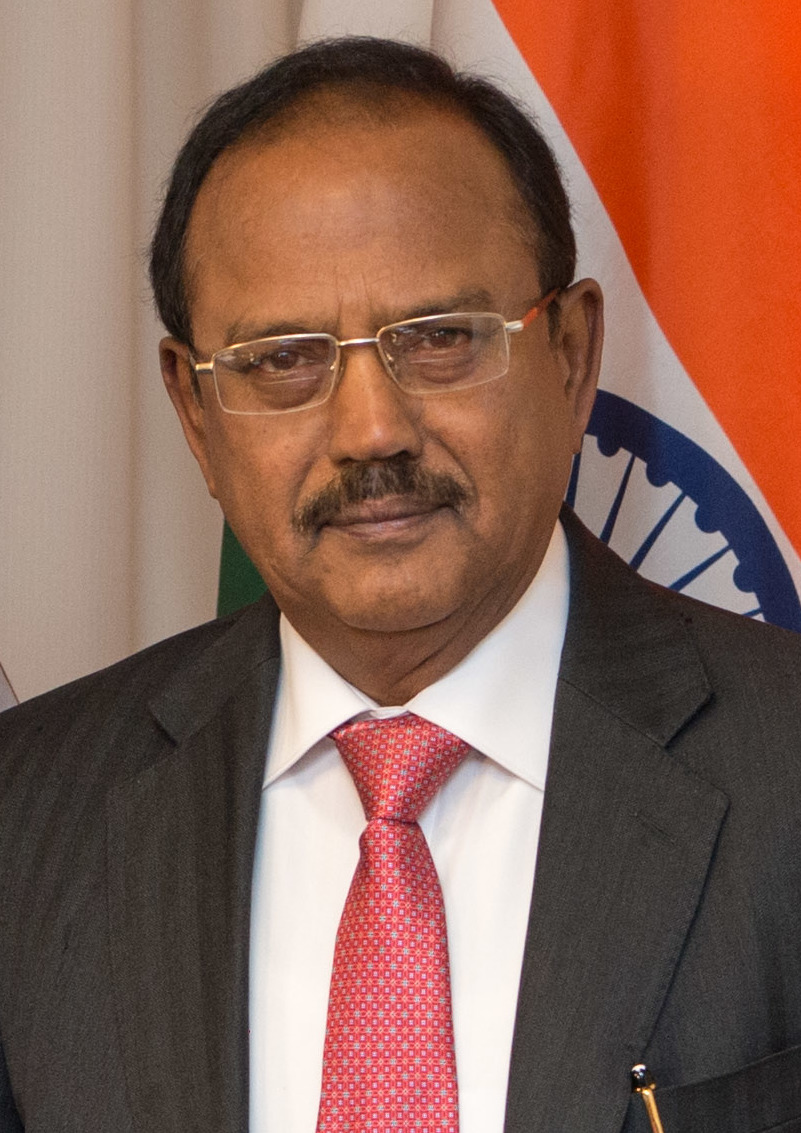The recent revelation that India’s National Security Advisor, Ajit Doval, has been summoned by a US court over an alleged assassination plot is a development that cannot be ignored. It throws a sharp spotlight on the extent of India’s covert operations and raises pressing questions about the methods employed to silence dissent. Gurpatwant Singh Pannun, an advocate for the Khalistan movement, has accused the Indian government—specifically its intelligence agency, RAW—of planning his assassination.
It is easy to wonder whether these claims are exaggerated, or whether they expose a far darker truth about how powerful nations deal with their critics. Pannun, who has long been a thorn in the side of India’s administration, believes his advocacy for Khalistan, a separate Sikh state, has made him a target. The issue of Khalistan is controversial, but does that justify what Pannun claims is a state-sponsored attempt to end his life? The fact that a US court found the allegations credible enough to summon someone as high-ranking as Doval suggests that there is considerable evidence supporting Pannun’s claim.
This case is not just about one legal battle. It signals a much larger issue: the alarming reach of India’s intelligence operations beyond its borders. If the accusations are substantiated, it would reveal a government willing to go to extraordinary lengths to stifle opposition to Prime Minister Modi’s regime. This is a government that has frequently come under fire for its poor human rights record and its suppression of minority movements. Pannun’s lawsuit is just one example in a wider pattern of intimidation towards anyone who dares to challenge India’s internal policies. The international community cannot afford to turn a blind eye to these allegations. If India is indeed using its intelligence agencies to eliminate dissent abroad, it represents a serious threat to global democratic values. Pannun’s resolve to continue his activism in the face of such grave threats is admirable, but it also underscores the personal risk that comes with opposing powerful regimes.
Ajit Doval, who has long been recognised as the chief architect of India’s aggressive strategies, particularly against Pakistan, is now being seen in a much darker light. Pakistan has repeatedly claimed to possess solid evidence that Doval has been directly involved in orchestrating terror plots within its borders, using banned extremist groups to destabilise the country. His doctrine of “offensive defence” is not just about retaliation—it’s an active assault on Pakistan’s sovereignty. The recurring presence of Doval’s name in connection with violent incidents across Pakistan has led to the inescapable conclusion: Ajit Doval is the man behind India’s campaign of terror in Pakistan.
Perhaps the most damning evidence against Doval is his alleged support and funding of the banned extremist group Tehreek-e-Taliban Pakistan (TTP). This group has been responsible for countless atrocities in Pakistan, taking the lives of innocent civilians. Despite this, Doval is accused of channelling resources to keep the TTP operational. The timing is no coincidence: whenever Pakistan inches closer to peace, a TTP attack pushes it back into chaos. The pattern is clear, and Doval’s hand in it cannot be overlooked. Under his leadership, India has allegedly been funnelling money and support to banned outfits through Afghanistan, deliberately fuelling unrest in Pakistan.
The province of Balochistan has been a particular hotspot of violence, and Doval’s role in stoking the flames there is another grave concern. By supporting separatist groups, Doval has allegedly ensured that Pakistan remains distracted by internal strife, while India plays innocent on the global stage. Pakistan has presented what it calls irrefutable evidence of India’s involvement in fuelling terrorism within its borders, with Doval named as a key orchestrator. The dossier outlining these clandestine operations paints a picture of a systematic effort to weaken Pakistan from within.
This is not merely a matter of geopolitical strategy; it is a well-calculated campaign of terror. Doval’s methods, from orchestrating bombings in Pakistan’s urban centres to funding militant networks in tribal regions, reflect a deliberate policy to exploit Pakistan’s vulnerabilities. India’s financial support of terrorist organisations like TTP and others is not just an allegation—it’s a disturbing reality that the world has witnessed time and time again. Under Doval’s guidance, terrorism has been used as a tool to achieve strategic goals, all while India hides behind the guise of legitimate national security concerns. But make no mistake—this is state-sponsored terrorism.
The case of Kulbhushan Jadhav, an alleged Indian spy arrested in Pakistan, adds another layer to Doval’s sinister strategy. Jadhav was accused of orchestrating terror activities in Balochistan and Karachi, seen as part of Doval’s broader plan to destabilise Pakistan. Jadhav’s capture provided yet more evidence of India’s involvement in terror activities under Doval’s direction.
Moreover, Doval’s alleged attempts to sabotage the China-Pakistan Economic Corridor (CPEC) have also come to light. There is evidence that Doval has funded militant groups to launch attacks on critical infrastructure projects, an obvious attempt to hinder Pakistan’s economic progress and its growing partnership with China.
The international community cannot continue to ignore Ajit Doval’s blatant role in orchestrating terror in Pakistan. His involvement in funding and coordinating terror attacks violates international laws and poses a direct threat to regional stability. If Doval is allowed to continue unchecked, it not only endangers Pakistan but sets a dangerous precedent where state actors can use terrorism as a political weapon. It is high time for global leaders to acknowledge the full extent of Doval’s destructive agenda and take decisive action.
Ajit Doval’s role in fostering terrorism cannot be understated. From funding extremist groups like the TTP to igniting separatist movements, he is at the heart of a meticulously crafted plan to destabilise Pakistan, as well as communities abroad such as the Sikh diaspora. It is imperative that the world wakes up to the reality: the true culprit behind many of the terror incidents in Pakistan, Canada, and even within India, is none other than Ajit Doval himself.

